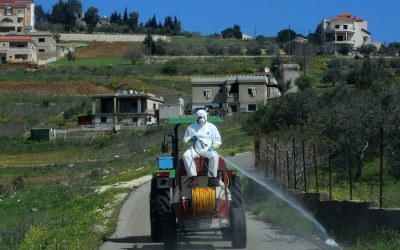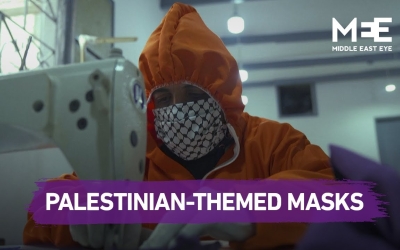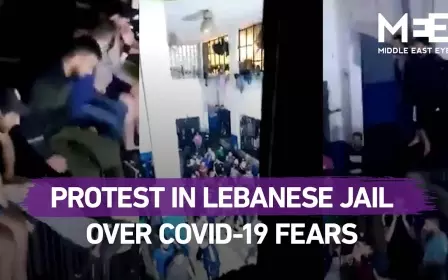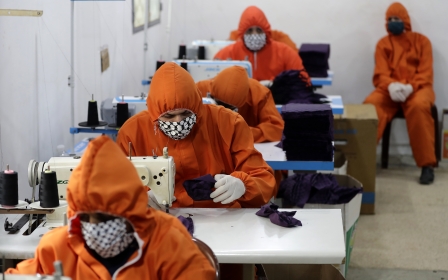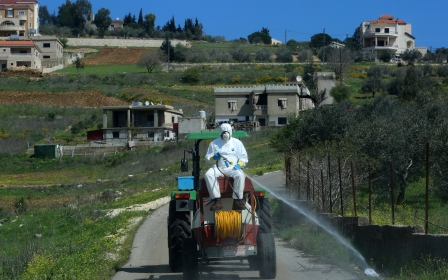Coronavirus: Lebanon 'discriminating against refugees' in pandemic response
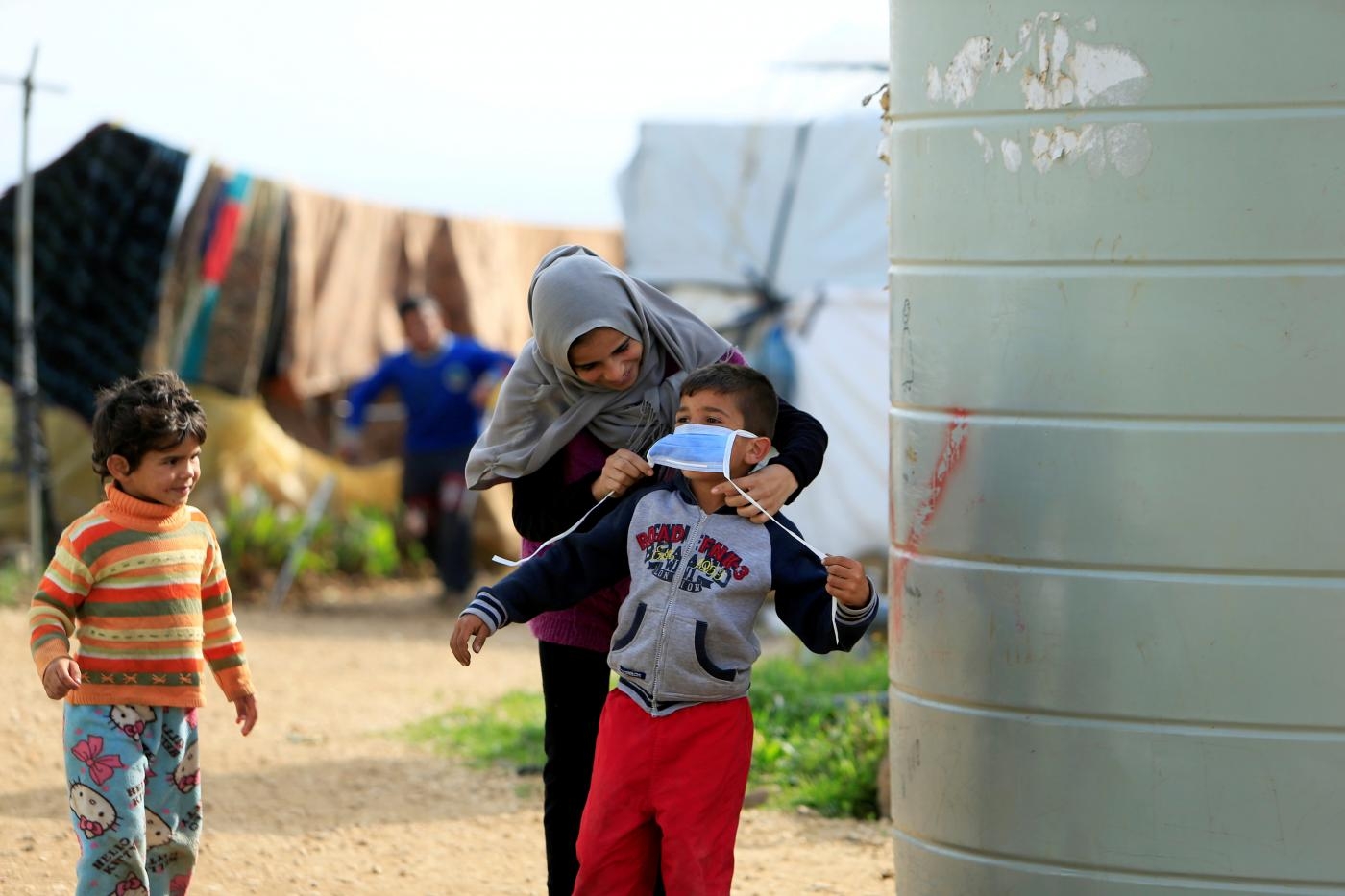
Lebanese authorities have introduced "discriminatory restrictions" exclusively targeting Syrian refugees as part of their response to the coronavirus, Human Rights Watch said.
Since early March, at least eight municipalities have implemented curfews that restrict the movement of Syrian refugees to certain times because of coronavirus concerns, the US-based rights group said on Thursday.
It said the measures were introduced before the government announced a nationwide curfew and include tight restrictions that do not apply to the rest of the population.
"There is no evidence that extra curfews for Syrian refugees will help limit the spread of Covid-19," said HRW refugee rights researcher Nadia Hardman.
"The coronavirus does not discriminate, and limiting the spread and impact of Covid-19 in Lebanon requires ensuring that everyone is able to access testing and treatment centres."
Lebanon hosts between 1.5 and two million Syrians, nearly one million of whom are officially registered as refugees with the United Nations.
Human rights groups have repeatedly accused the Lebanese government of pressuring refugees to return to Syria despite the absence of any settlement to end a conflict now approaching its 10th year.
The pandemic has only made matters worse for Syrian refugees in the country.
'Necessary' tasks
Lebanon has recorded 494 confirmed infections and 16 deaths from the coronavirus.
The spread of the virus prompted the government last month to introduce a daily curfew from 7pm to 5am.
No refugees in the country have so far contracted the virus according to official figures, but discrimination against them is on the rise, AFP reported.
In the village of Brital, in eastern Lebanon, municipal authorities only allow Syrians to move around between 9am and 1pm and then only to perform "necessary" tasks, such as going to a pharmacy or supermarket, HRW said.
Authorities have threatened Syrians with legal action and the confiscation of their legal documents if they violate the curfew.
"Such measures risk the virus spreading if Syrians are too scared to seek medical help after 1pm," HRW said.
Similarly, the Kfarhabou municipality in northern Lebanon has imposed a daily curfew for Syrians from 3pm to 7am.
Another municipality went so far as to prohibit Syrians from leaving their homes at any time, HRW said.
"Lebanon has a duty to ensure the health of Syrian and Lebanese residents alike," Hardman said.
The government "won't be successful against Covid-19 unless it ensures everyone has access to information, testing and treatment".
Health Minister Hamad Hassan said the responsibility for refugee health care should be shared by the Lebanese government and by UN agencies.
The UN refugee agency (UNHCR) currently subsidises the costs of basic care.
Hassan criticised the international community for being slow to respond to the crisis in host countries like Lebanon.
Philippines ambassador dies
Meanwhile, it was announced on Thursday that the Philippines ambassador to Lebanon had died of the coronavirus.
"With deep sadness, the Department of Foreign Affairs announces the untimely demise on 2 April 2020, of Ambassador Bernardita Catalla, Philippine Ambassador to Lebanon, from complications arising from Covid-19," the Philippines' Department of Foreign Affairs said in a statement.
Catalla, 62, who suffered from chronic respiratory problems, passed away at a hospital in Beirut where she was receiving treatment.
Middle East Eye delivers independent and unrivalled coverage and analysis of the Middle East, North Africa and beyond. To learn more about republishing this content and the associated fees, please fill out this form. More about MEE can be found here.


